Half of the world’s workforce plans to seek a new position in the next 12 months, according to Microsoft research. UK (United Kingdom) job vacancies exceeded the highest level on record in August. We are facing a potentially catastrophic labour shortage. What action can organisations take to mitigate this existential threat to their operations?
According to research, the top predictor of candidates’ success in a new role is cognitive ability or ‘aptitude’, with experience being a comparatively unreliable predictor of in-role performance [1]. Faced with an acute labour shortage, hiring managers are turning their focus on assessing fluid intelligence to quickly sift through a wider pool of less experienced candidates to ascertain their level of aptitude for learning ‘on the job’ and their potential for ongoing development.
So, what exactly is aptitude?
In short, aptitude is general intelligence, speed of learning new information and trainability. It is not IQ - that’s a completely different measurement and not something that you’d typically look at in a recruitment scenario. Aptitude tests typically contain a collection of questions or tasks, which are designed to measure this. They provide answers to questions such as:
- How adaptable is this person to change?
- Can this person think on their feet?
- Is this person a problem solver?
- To what extent can we develop this person using training?
- Could this person drive change in the organisation?
None of these questions can be answered accurately by examining a candidate’s experience alone. Of course, recruiting for anything above an entry-level position requires hiring managers to demand a certain amount of experience in the role or field advertised. However, an aptitude assessment adds an extra dimension to a hiring manager’s view of each applicant, opening the door to a new, potentially more diverse and thus higher performing pool of candidates.
Qualifications matter but they make for a pretty broad filter
Many of our customers use our Aptitude assessment (also known as GIA) in their graduate recruitment programmes because it offers a unique way to find the very best talent in a large pool of candidates. After all, if you limit your graduate intake to just those who obtained a first-class honour in their degree, you’re still looking at around 28% of the student population [2].
Furthermore, we all know that not everyone excels at school and acing standard national exams or industry-accepted tests isn’t the best way to understand an individual’s capabilities, the level of challenge they need to keep them stimulated and committed, or whether they will respond well to development activities. Of course, testing for aptitude can help organisations to hire for lower-skilled roles too.
So how do you know who’s got the potential to hit the ground running when they join? Who can adapt quickly, learn new skills and question current business operations? A pre-employment aptitude test immediately highlights a person’s response to training, mental processing speed, concentration and fast-track potential. So, you can select the candidate with the right aptitudes for the individual role – which may not be the most academically successful.
Why focus on aptitude?
General intelligence tests or aptitude assessments show how quickly someone can adapt to new situations, drive change and add value. At a time of acute skills shortage, you want to know which of your candidates have the potential to onboard successfully, learn the required skills quickly, and steer your organisation to greater heights. Thomas’ Aptitude assessment can provide this insight. An aptitude assessment is a reliable and objective way to filter for applicants who have the right mindset for the role and your organisation.
Aptitude assessments focus on a range of cognitive skills. Thomas’ assessment covers individuals’ abilities to reason (Reasoning), detect errors (Perceptual Speed), process numbers (Number Speed & Accuracy), process words (Word Meaning) and process visual information (Spatial Visualisation). Naturally, some of these skills will be vital in certain job functions, while others may be less essential. So, knowing which skills are the most important to the position will help you create a job profile to recruit against, increasing the efficiency of your recruitment process.
For example, your Finance Manager should score highly in Number Speed and Accuracy, but this won’t matter so much if you’re hiring a Graphic Designer. A C-level executive should exhibit high Reasoning capacity, as they’ll need to solve problems ‘on the fly’, and quickly draw the correct conclusions. But if your job role requires high levels of repetitive or methodical work, a lower score here would represent someone who is more likely to stick at such tasks for longer, without becoming disengaged.
Why Thomas?
Psychometric assessments underpin effective HR processes, offering clear, unbiased and scientific data to help steer better recruitment and development choices. There are several different types of test which focus on different areas of behaviour, personality and cognitive ability and they deliver insights into candidates that just don’t show through in CVs. At Thomas we’ve supported tens of thousands of customers through their recruitment journeys for almost 40 years.
Leveraging global datasets and close customer relationships, our talent assessment platform streamlines the recruitment process. Simplifying job profile creation, CV screening, interviews and onboarding, Thomas tools can help to prevent your organisation suffering due to the current labour crisis. It’s never been more important to maintain the pace with which your business identifies and secures top talent. By using Aptitude in your recruitment processes, not only can you widen the candidate pool, but you can also support existing employee development and retention by gaining insight into how to challenge, motivate and engage your employees.
Learn more about Aptitude assessments and how they can help you during the labour shortage.
Sources:
2. https://www.hesa.ac.uk/news/16-01-2020/sb255-higher-education-student-statistics/qualifications




